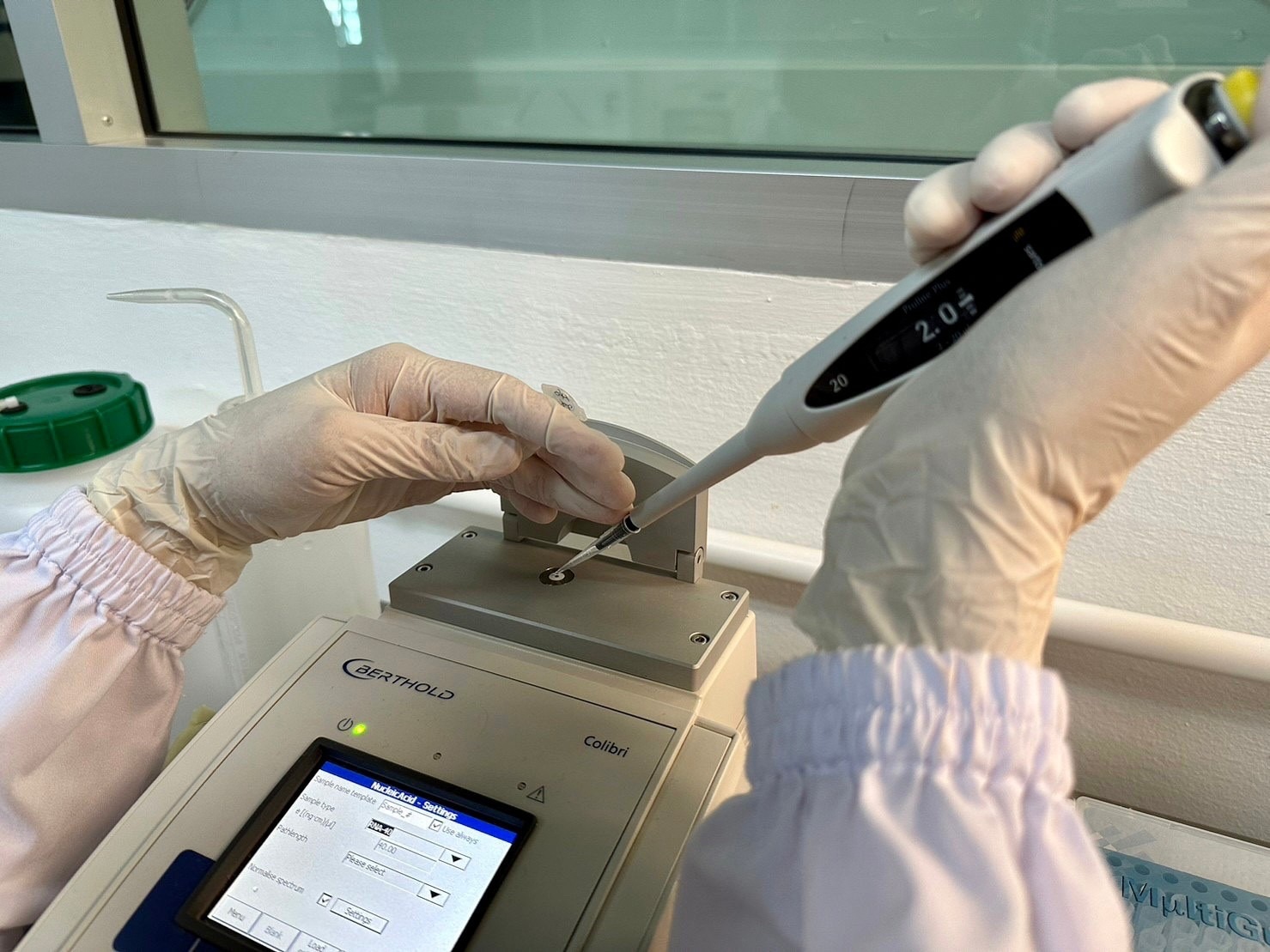Researchers investigating the effects of an organic compound on drug-resistant bacteria found how it can impede and destroy a germ that causes significant illness or even death in some situations.

Image Credit: University of Portsmouth.
Pseudomonas aeruginosa is a bacterium commonly detected in hospital patients and can cause infections in the blood, lungs (pneumonia), or other regions of the body following surgery.
Hydroquinine, an organic compound present in the bark of some trees, was recently discovered to exhibit bacterial killing ability against the germ, as well as other clinically significant bacteria such as Staphylococcus aureus, Escherichia coli, and Klebsiella pneumoniae.
The researchers from the University of Portsmouth and Thailand’s Naresuan and Pibulsongkram Rajabhat Universities have now investigated the molecular responses of Pseudomonas aeruginosa strains to hydroquinine. They achieved this by determining which genes were active and which were silenced in response to the drug.
The new research discovered that hydroquinine drastically affects the expression levels of Pseudomonas aeruginosa virulence factors. It also implies that the compound interferes with bacterial assembly and movement. The study was published in the Antibiotics journal.
There’s quite a long list of antibiotics that don’t work on Pseudomonas. aeruginosa, but our experiments found some of the genes governing the motility of the bacterium were quite drastically switched off by hydroquinine. Biofilm formation and the swarming and swimming of the germ were significantly reduced.”
Dr. Robert Baldock, School of Pharmacy and Biomedical Sciences, University of Portsmouth
Dr. Robert Baldock added, “If we know that this drug is working in a really unique or different way, then it firstly explains why it’s active on these drug-resistant cells, but it also means that you can potentially look at combining it with other existing antibiotics to make them more effective.”
Every year, 35,000 people die due to drug-resistant bacteria, which cause over 2.8 million infections. Antimicrobial resistance occurs when germs evolve over time and no longer respond to drugs, making infection treatment challenging.
Some strains of Pseudomonas aeruginosa have developed resistance to medications such as amoxicillin and trimethoprim. Hydroquinine is already demonstrated to be an effective malaria medication in humans, and it is also used to treat nocturnal muscle cramps in the Netherlands. There has been minimal research into its drug-resistant qualities up until now.
Antimicrobial resistance has become one of the greatest threats to public health globally, so to discover an organic compound has the potential to be used as an effective weapon in the fight is very exciting. We now need to look at how the compound works against a wider variety of bacterial strains so that we better understand why some germs are affected or not affected by it.”
Dr Jirapas Jongjitwimol, Department of Medical Technology, Naresuan University
Source:
Journal reference:
Rattanachak, N., et al. (2022) High-Throughput Transcriptomic Profiling Reveals the Inhibitory Effect of Hydroquinine on Virulence Factors in Pseudomonas aeruginosa. Antibiotics. doi.org/10.3390/antibiotics11101436.